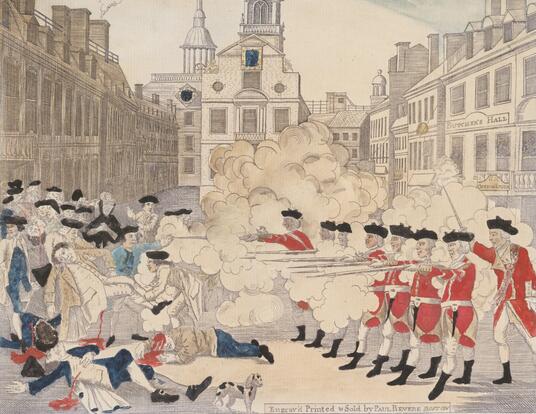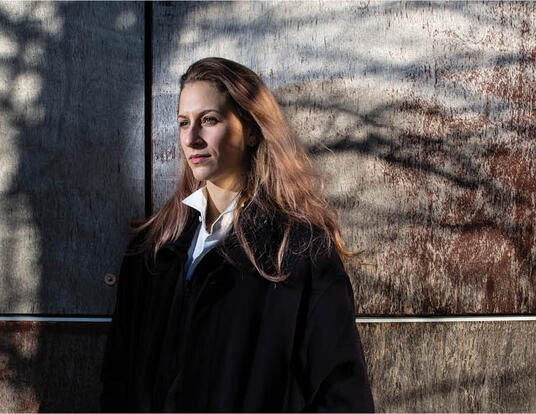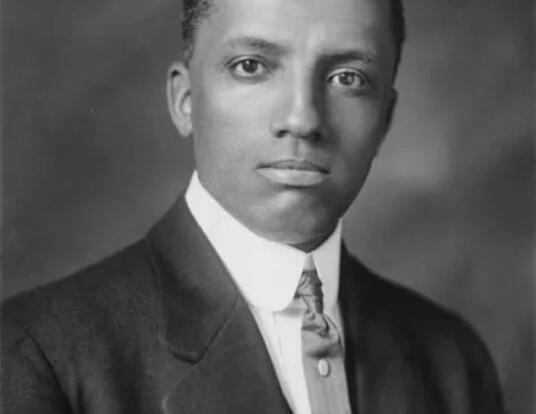Game Changers: 2024 Centennial Medalists
Harvard Griffin GSAS presents highest honor to four alumni
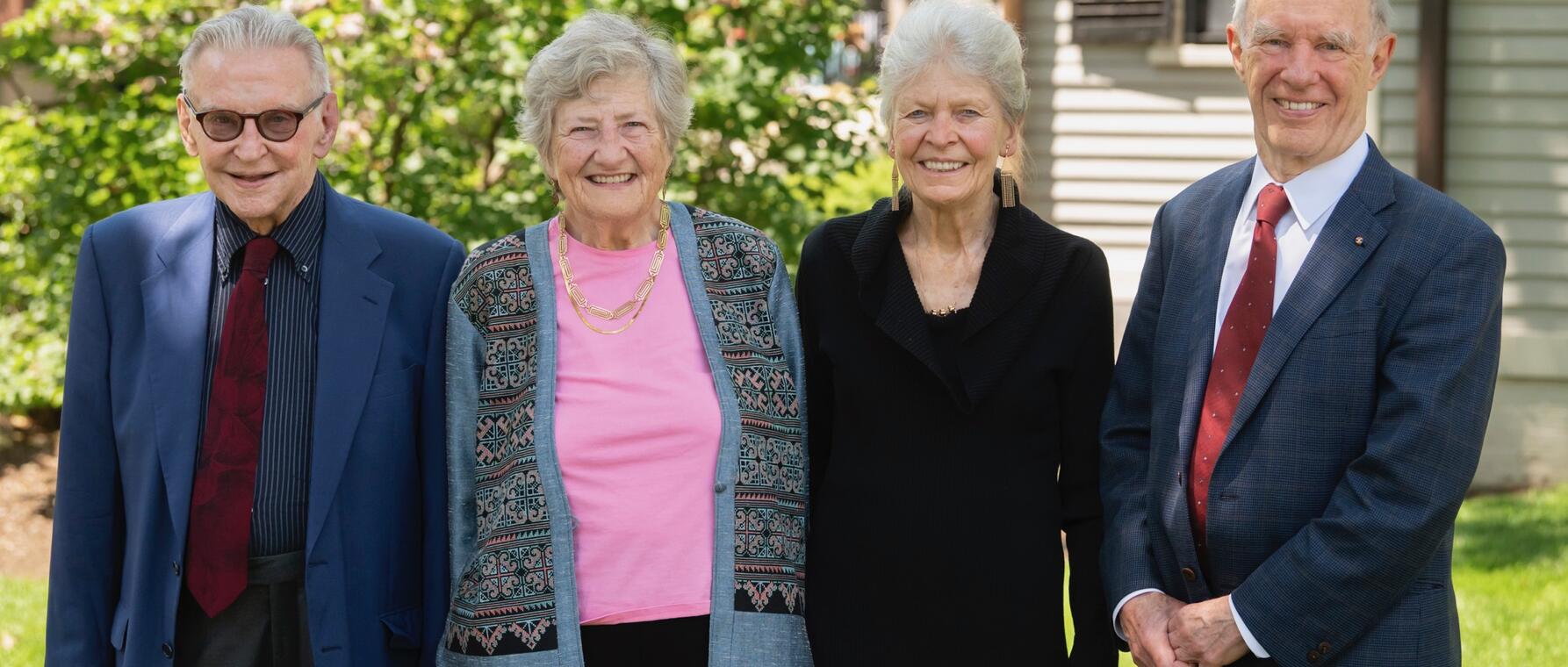
On May 22, 2024, the Harvard Kenneth C. Griffin Graduate School of Arts and Sciences (GSAS) will present the Centennial Medal to four distinguished alumni. The Centennial Medal, which recognizes those who have made fundamental and lasting contributions to knowledge, their disciplines, their colleagues, and society, is the highest honor that the Harvard Griffin GSAS bestows.
The 2024 Centennial Medal recipients are:
Martin Duberman, PhD ’57, American History
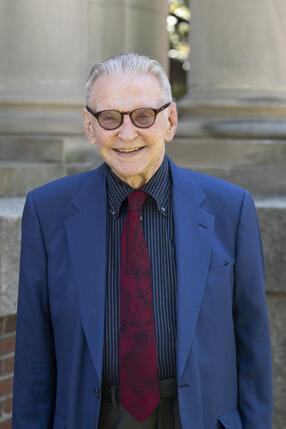
Martin Duberman has left an indelible mark on many fields of scholarly and creative endeavor. He is an acclaimed biographer and historian, the author of trailblazing works of African American history, abolitionist history, civil rights history, and the history of social movements and radical leaders. Duberman is also an award-winning playwright and novelist, an incisive essayist, candid memoirist, ardent gay rights activist and intellectual leader, and founding director of the first university-based research center for LGBTQ studies in the United States: the Center for Lesbian and Gay Studies, or CLAGS, at the City University of New York, where he is Distinguished Professor of History emeritus.
“Marty’s never lost the radical vision that he had in the early 1960s,” says Michael Bronski, professor of the practice in media and activism in Studies of Women, Gender, and Sexuality. “He is one of the most prolific and productive people working across a number of fields. And when it comes to queer studies, Marty was there at the very beginning. The field was established because Marty established it.”
Myra Marx Ferree, PhD ’76, Psychology and Social Relations
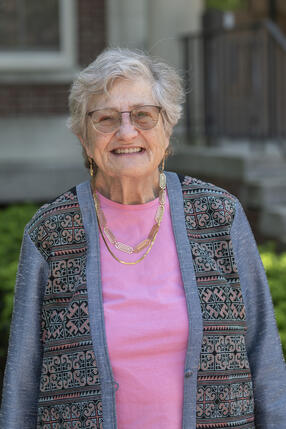
Through her influential work on gender, family, and social movements; her focus on intersectionality and inequality; her expertise across American and European contexts; and her steadfast commitment to academic service, teaching, and mentorship, Myra Marx Ferree has profoundly shaped our understanding of gender in the modern Western world. A seminar co-chair at the Minda de Gunzburg Center for European Studies at Harvard and Alice H. Cook Professor of Sociology emerita at the University of Wisconsin–Madison, Ferree has brought sensitive topics into sharper analytical focus and charted a course for gender studies within sociology.
“Myra Marx Ferree has become one of the most influential scholars of gender in the United States, and around the world,” says Frank Dobbin, Henry Ford II Professor of the Social Sciences and chair of the Department of Sociology. “Her work has inspired others to take up the burning questions that motivate her, helping to make each of the fields she works in places of lively debate and active research. She is the leading light of her generation of sociologists.”
Joan Argetsinger Steitz, PhD ’67, Biochemistry and Molecular Biology
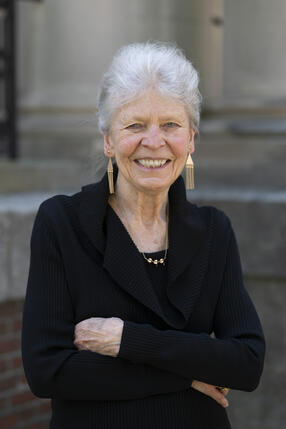
When companies like Moderna so swiftly created messenger RNA-based vaccines to combat the COVID-19 pandemic, they were building on decades of scientific achievement by giants like Joan Argetsinger Steitz. A winner of the Lasker Award, popularly known as “America’s Nobel,” Steitz is Sterling Professor of Molecular Biophysics and Biochemistry at Yale and a former member of the Harvard Board of Overseers. Her bold, fundamental work on RNA biology paved the way for many of the greatest medical breakthroughs emerging today, from mRNA vaccines to personalized medicines for devastating genetic diseases.
According to Frank Slack, Shields Warren Mallinckrodt Professor of Medical Research at Harvard Medical School and director of the HMS Initiative for RNA Medicine, Steitz has “opened doors to understanding thousands of human disorders caused by aberrant splicing within cells. It’s really hard to overstate the impact of her work.” Beyond this, Slack adds, “Joan is widely regarded as one of the warmest and most supportive scientists in our field. She just has that aura about her: great science, and a great person.”
Arthur K. Wheelock, Jr., PhD ’73, Art History
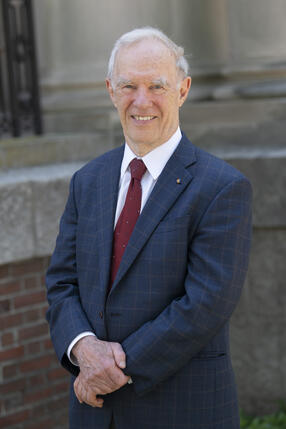
In the museum and the classroom, through world-class exhibitions, curation, and scholarship, Arthur K. Wheelock, Jr., has enriched our understanding and experience of great masterpieces of Dutch and Flemish art. For more than 40 years, Wheelock served as curator of Northern Baroque paintings at the National Gallery of Art in Washington, D.C., where he more than doubled the number of Dutch and Flemish paintings, and as a professor of art history at the University of Maryland.
Wheelock mounted more than 40 exhibitions at the National Gallery, perhaps none more legendary than Johannes Vermeer, which captured the world’s attention when it opened in 1995. The exhibition featured 21 of the approximately 35 paintings attributed to Vermeer—a world record at the time. “Nobody thought it would be possible for such an exhibition to take place,” says Cynthia Schneider AB ’75, PhD ’84, former United States Ambassador to the Netherlands. “Vermeer is such a rare artist, and Arthur got so many of his masterpieces. And that’s because people respect him so much: they wanted to partner with him.”
Photo credit: Tony Rinaldo
Get the Latest Updates
Join Our Newsletter
Subscribe to Colloquy Podcast
Simplecast



